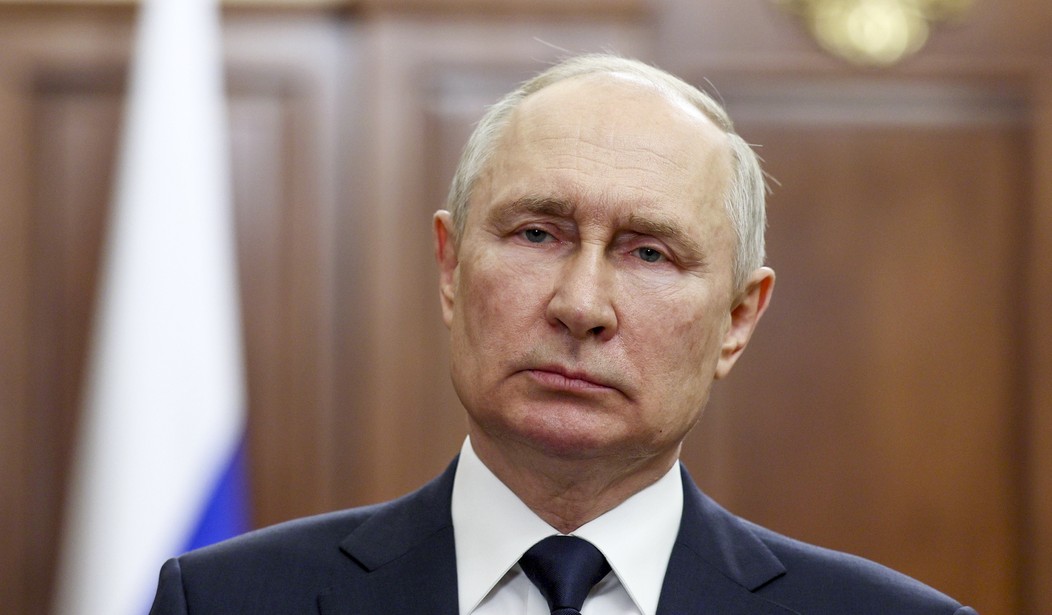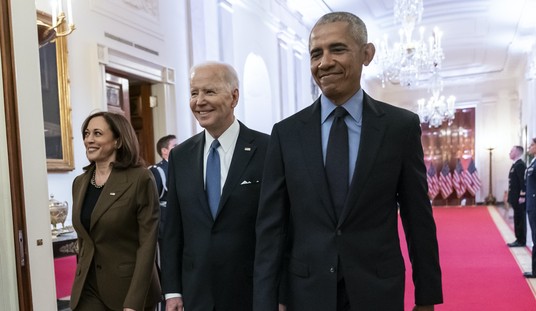The US has steered NATO, Russia and Ukraine to the brink of war. NATO wasn’t geared to stop Russian imperialism, nor was Russia capable of invading. If anything, NATO prompted action by surrounding Russia with NATO allies at each corner, while the US dove into its treasure chest to fund Ukrainian President Volodymyr Zelenskyy.
What was Russian President Vladimir Putin thinking? Trust NATO the diametric opposite of the USSR’s Warsaw Pact? What is even NATO’s purpose if the Soviet Union no longer exists?
In 1949, the North Atlantic Treaty Organization (NATO) was created by the US, Canada and several European nations to contain the USSR and the spread of communism. NATO’s website states it “safeguard(s) the freedom and security of all its members by political and military means” and that “Collective defense is at the heart of the Alliance and creates a spirit of solidarity and cohesion…”
Some believe NATO to be anti-Russia—a view held by Putin. He once accused NATO of participation in the Ukraine conflict and added that the West had “one goal: to disband the former Soviet Union and its fundamental part … the Russian Federation.”
The US does indeed have a firm grip on NATO as one of its founding world powers, but policy officials for years have questioned its authority and held its expansion eastward as a security risk.
In June 1997, 50 prominent foreign policy experts warned former President Bill Clinton about NATO expansion as Russia would be forced to evaluate its own security geared towards its sovereignty.
President Biden’s CIA director, William J. Burns, has warned of the effect of NATO expansion on Russia since 1995. Burns also condemned Clinton's move to bring Poland, Hungry and the Czech Republic into NATO.
Recommended
He wrote, “As Russians stewed in their grievance and sense of disadvantage … a storm of ‘stab in the back’ theories slowly swirled, leaving a mark on Russia’s relations with the West that would linger for decades.”
Additionally, Clinton’s Defense Secretary, William Perry, almost resigned because of the NATO expansion. He said, “The United States deserves much of the blame” for its poor relations with Moscow.
In 2008, Burns, now the American ambassador to Moscow, wrote to Secretary of State Condoleezza Rice:
Ukrainian entry into NATO is the brightest of all redlines for the Russian elite (not just Putin). In more than two and a half years of conversations with key Russian players, from knuckle-draggers in the dark recesses of the Kremlin to Putin’s sharpest liberal critics, I have yet to find anyone who views Ukraine in NATO as anything other than a direct challenge to Russian interests.
The same year, Steven Pifer, the US ambassador to Ukraine under President George Bush, flat out said Ukraine plus NATO was “a real mistake.” He told Clinton, “It drove the Russians nuts. It created expectations … that just made that whole issue of enlargement a complicated one.”
How many warnings does DC need before it reevaluates a foreign policy?
Over the last three decades, NATO established multinational battlegroups in former Soviet and Soviet-aligned Republics, including Poland, Romania, Slovenia, Hungary, Bulgaria, Estonia, Albania, Croatia, Montenegro, North Macedonia, Latvia and Lithuania.
With the NATO expansion came American tanks straddling the Baltic states in 2017, with accompanying missiles in Poland and Romania just five years later.
As a sovereign nation, Russia has a right to protect its borders from any military's impeding and aggressive presence.
Understanding Russia’s backdrop is also vital to the discussion. With the disintegration of the Soviet Union in 1991, one-third of Russian territory and half the population were lost.
Russia did not expand in the 20th century—losing parts of Poland, Ukraine, Finland and eastern Turkey after the 1917 revolution.
In 2022, a pressured and hammered Putin threatened military action if Finland and Sweden were to join NATO as it was expanding to smaller border countries of Russia—like Georgia in 2008.
Finland was ultimately granted membership in 2023. As for Sweden, it will soon join with Turkey. Finland and Sweden are intended to protect the Baltic states on NATO’s northern flank against Russia.
American diplomat George F. Kennan, the father of the Cold War containment doctrine, warned against NATO expansion in 1998, with NATO’s eastward expansion threatening not only Russia but the security of European states, to which Hungarian Prime Minister Viktor Orbán recently agreed.
On Tuesday, Tucker Carlson asked Orbán on X, formerly known as Twitter, about Vice President Kamala Harris’s statement to Ukraine’s President Volodymyr Zelenskyy that the US would like Ukraine to join NATO.
Orbán said Ukraine's integration into NATO “would mean immediate war, danger to all of us … it’s dangerous, even for the United States.”
He proposed “a new security architecture for security, sovereignty for Ukraine, but not membership in NATO,” stressing the misguided “intention by the United States” in involvement. He also spoke of a conversation with Putin about “not touching the history of the past,” which may have actually fueled the US intervention.
Orbán noted that NATO is “far stronger than the Russians.” However, “Without involving the Russians in the security architecture of Europe,” the nations will not be able “to provide a safe life to the citizens of Europe.”
Orbán told Carlson the US should start teaming up with eastern European countries on these policy matters rather than relying on the out-of-touch politicians of DC.
As for the Russian people, most agree with Putin on feelings of national resentment and humiliation. They also have no desire for war. The broad public opinion has long opposed NATO expansion, the placement of American rockets in Poland and Romania in 2016 and the recent arming of Ukraine by the West.
As Orbán said, it is the US that is supplying aid to Ukraine, furthering the conflict, not NATO:
If you look at the official position of NATO as an institution, as an alliance, they’re exactly saying what we said: ‘No involvement, and we should do as much as we can for peace. That’s the official position of NATO. But at the same time, NATO says that member states of NATO should do their best to support the Ukrainians.
He gathers that the plan for US funding is not the answer, as the conflict remains a stalemate.
Orbán, like many others, recognizes the grudges of the past against Russia and how the nation has been set aside from Europe, giving it an isolationist urge towards protectionism.
On Tuesday, the State Department released a memo announcing $250 million in military aid on top of the existing $76.8 billion funded—a major “no-no” to Orbán’s keen advice.
If the US continues to prod NATO against Russia, the adversarial sentiment will grow, and Russia will ultimately seek an ally not with Europe or the West.

























Join the conversation as a VIP Member